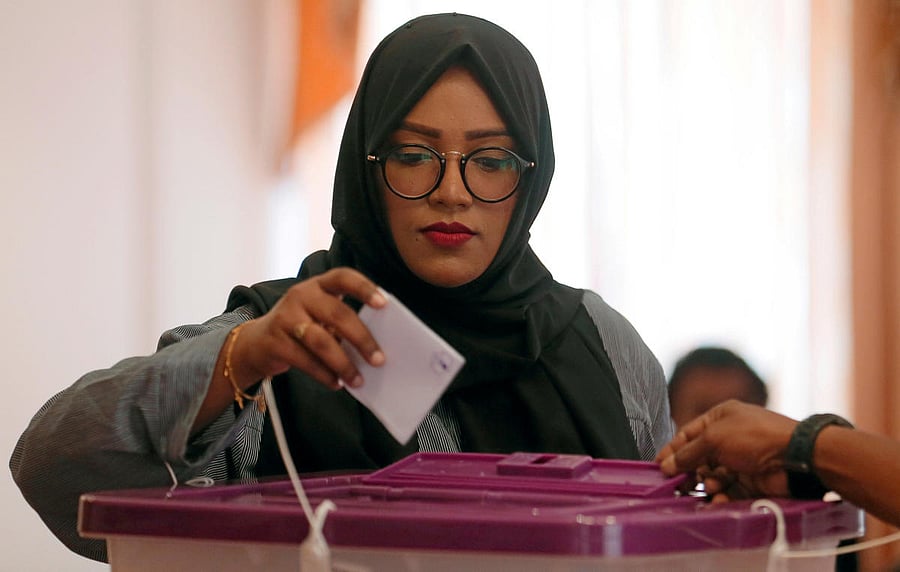
The landslide victory of the Maldivian Democratic Party (MDP) in elections to the Maldivian parliament is likely to provide the Indian Ocean archipelago with long-elusive political stability. The MDP is on course to win three-fourths of the seats in the 87-member People’s Majlis. What makes the MDP’s victory all the more convincing is the large voter turnout. Around 78% of voters showed up to exercise their franchise. The performance of other parties was dismal; each won seven seats or less. This is the first time in Maldives’ history as a democracy that a single party is in a position to form the government. However, the MDP will not form a single-party government. It is expected to include representatives of the now-defunct coalition that defeated Abdullah Yameen in the presidential election last year. This is a sound strategy as it will make the new government broad-based. It will enhance the stability of the MDP government. The MDP’s victory consolidates the party’s hold over power. Last year, its candidate Ibrahim Mohamed Solih trounced Yameen to become President. The MDP has taken control of parliament now. Its victory also marks the spectacular comeback of former president and MDP leader Mohamed Nasheed, who was in exile till recently.
Despite its impressive electoral performance, the road ahead for the MDP government will not be easy. Public expectations of the new government are high and Nasheed, who is likely to become prime minister, will have to deliver quickly. He has promised to usher in political reforms, reduce political influence over the judiciary and police, and end corruption. The MDP is in favour of switching from its present presidential form of government to a Westminster-style system. Will its stated commitment to such reforms translate into action now that it is in power? Will Solih agree to dilute the powers of the presidency?
India will be relieved with the election result in the Maldives. Political instability paved the way for the rise of authoritarian forces in the archipelago, which sought Chinese support and investment to remain in power. Under Yameen, Maldives rapidly slid into the Chinese sphere of influence. The MDP government can be expected to take steps to loosen China’s grip. This will not be easy, given the importance Beijing accords Maldives in its ambitious Belt and Road Initiative. India will need to act resolutely to support the new government’s effort to jumpstart the Maldivian economy through generous investment. India should also extend strong support to strengthen Maldives’ democratic institutions and processes. Capacity-building and training of Maldivian officials and activists is necessary. Additionally, Indian civil society organisations should extend co-operation with their Maldivian counterparts.
